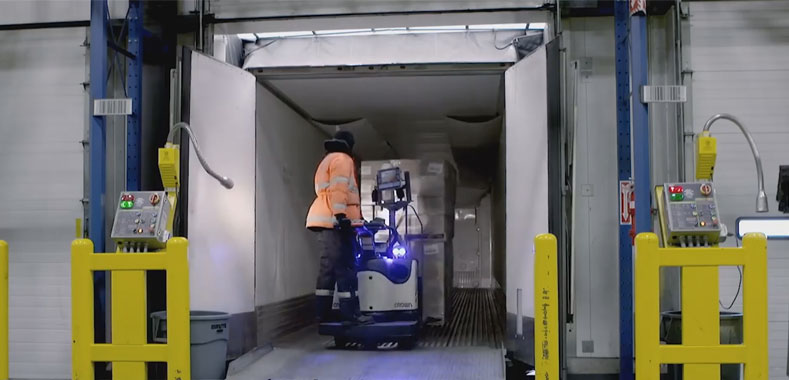Change Capital’s Seafood Company Turnaround
When it bought wild-caught-seafood company Macduff Shellfish Group in 2011, the company wasn’t thinking about what consumers wanted. After instituting vertical integration, the firm was able to sell the company for a 2.7x return on its investment.
A bet by Change Capital Partners LLP paid off recently as it sold its stake in Macduff Shellfish Group to Canadian-based Clearwater Seafoods for £98.4 million, resulting in a 2.7x investment return for the European private equity fund that invests in retail and consumer businesses.
Macduff is one of Europe’s leading wild-caught-shellfish companies. The company was founded in 1985 by the fifth generation of the Beaton family, which has been actively involved in the seafood industry for more than 120 years. Based in Mintlaw, Scotland, Macduff has factories there and in two other cities.
Change Capital invested in Macduff in 2011. At the time, the firm was realizing that consumers want to know exactly where their food is coming from and what happens to it before it hits their plate.

“We saw an opportunity with Macduff,” says Steven Petrow, a partner at Change Capital. “When we bought [Macduff], they were a processing company. They would actually wait for the fishing boats to come in with their catch, and they would buy the catch, grade it, process it, freeze it, package it, and distribute it. They didn’t really know how long the fish had been on the boat or where it was caught. We knew we could transform this business into something the consumers wanted.”
The firm embarked on a vertical-integration process to make sure Macduff could tell consumers everything they wanted to know about the seafood they were eating.
The first change implemented was to put a succession plan in place for the Beaton family. “It was a third-generation business, and nothing was written on paper,” says Petrow. “We needed to professionalize.”
Change Capital hired a new CEO and moved the current CEO into a chairman role. The firm also hired a new CFO and sales team and moved family members into operational roles at the company.
It then worked to extend the company’s product line, after it was decided Macduff was too concentrated in langoustine (a small, slim type of lobster). An opportunity was seen to focus on scallops, whelk, and crab, in addition to langoustine.
The next change was the most drastic: Instead of buying the seafood that came in on fishing boats, Change Capital bought its own boats—which enabled the firm to know everything about the seafood. Macduff bought 14 fishing vessels through three different add-on acquisitions, making it the largest scallop-fishing fleet in Europe. Additionally, Change Capital arranged for other fishing fleets to work with them on an exclusive basis in return for upgrades to their boats.
“Now we know when the fish have been caught, how long they have been on the boat, when they arrived at the restaurants, and we are able to regularly schedule our boats, rather than have lots of inventory sometimes and less at other times,” says Petrow.
Lastly, during this consolidation period, Macduff started working on rebranding itself. During that process, Clearwater learned of the company and was very interested in buying it. “It’s rare for things to actually go according to plan, but everything in this situation fell into place,” says Petrow.
When it bought wild-caught-seafood company Macduff Shellfish Group in 2011, the company wasn’t thinking about what consumers wanted. After instituting vertical integration, the firm was able to sell the company for a 2.7x return on its investment.
